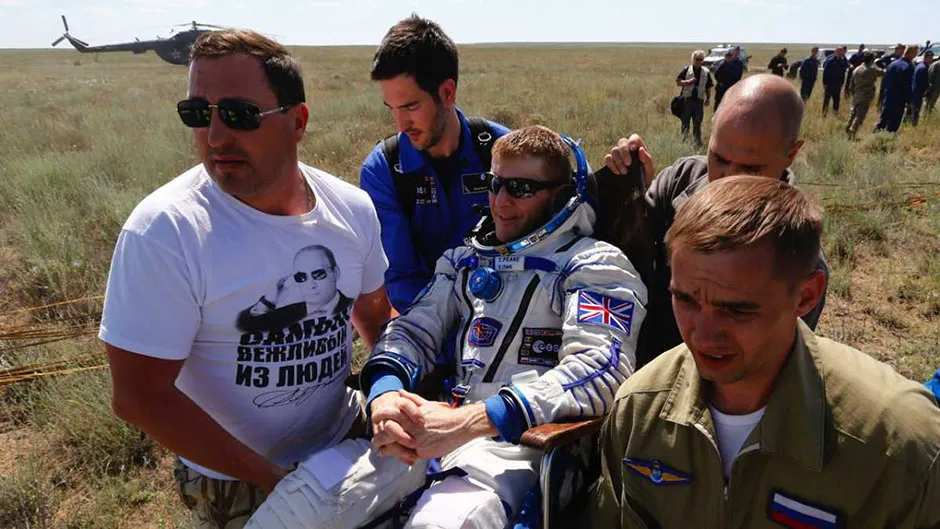Within 50 years a human will have been to Mars, astronaut Tim Peake believes.
But the European Space Agency astronaut is not convinced the feat will be achieved in the next two decades.
Speaking at the UK Space Conference in Newport, Major Peake said he thought it was unlikely life would be found on the red planet, but if even a single cell was discovered it would be “hugely significant”.
Read more about Tim Peake's historic mission aboard the ISS:
He told the PA news agency: “In the next 50 years we will be celebrating humans on Mars. I am quite sure of that.
“I would be cautious about saying we will be celebrating humans on Mars in the next 20 years.
“So I think it is going to happen somewhere between that 20 and 50-year bracket.
“Commercial companies are going to have a huge part to play in how we do that mission and when we do that mission.”
He added that signs of life would be a “game-changer”, raising questions about the implications for other solar systems.
Major Peake joked: “I don’t think anyone is expecting to find little green men running around on Mars.”

He also spoke about the challenges facing the space industry in terms of responsibly travelling to space.
He explained: “Space debris has been out of control, it is now becoming under control in terms of regulation, in terms of trying to get satellite launch companies to comply with the ability to either de-orbit their satellite at the end of life, or to remove them from being a risk of space debris.
“But we can always do more – we have to clean up the problems of the past. But we are now aware of the problem.”
He added that it is necessary to clean up space before a “catastrophic impact” takes out incredibly valuable space assets like telecommunications, the International Space Station and weather systems.
Read more about space exploration:
- Does the Red Planet harbour life? Here’s what we know
- Space mining: the new goldrush
- Does the debris around Earth affect the atmosphere?
Major Peake said: “As space becomes more valuable to us, economically, people are waking up to the threat.”
Issues like space regulation and the management of artificial intelligence also need to be considered.
“It is about having the right conversations at the right time,” said Major Peake.
“We need to be having conversations right now about artificial intelligence – how is that going to be controlled, how is that going to be managed?
“We need to have conversations about space – who owns it, who regulates it, how are we going to control the missions of the future.
“There are some really important challenges to make sure that we do things in a responsible, sustained manner.”
